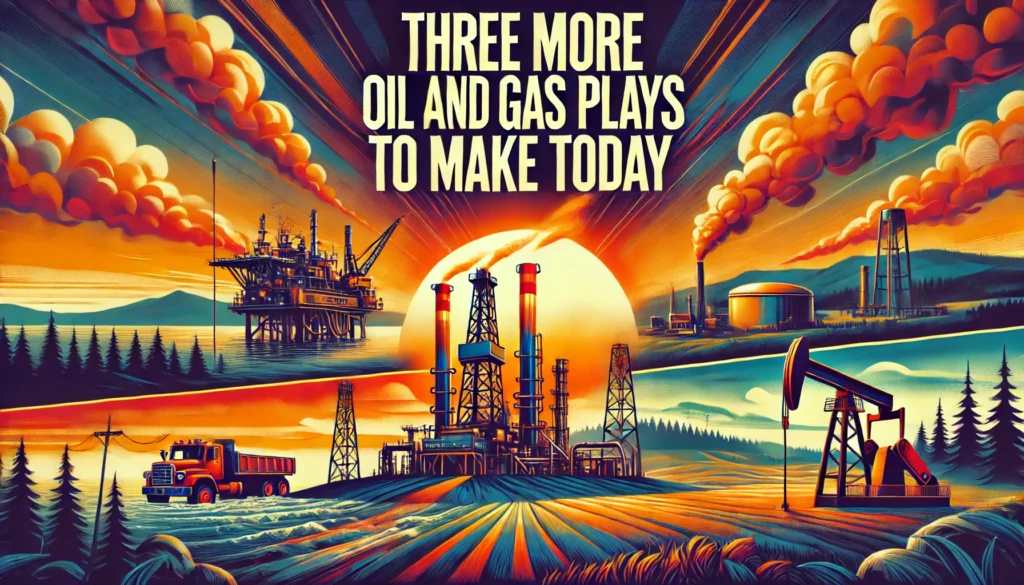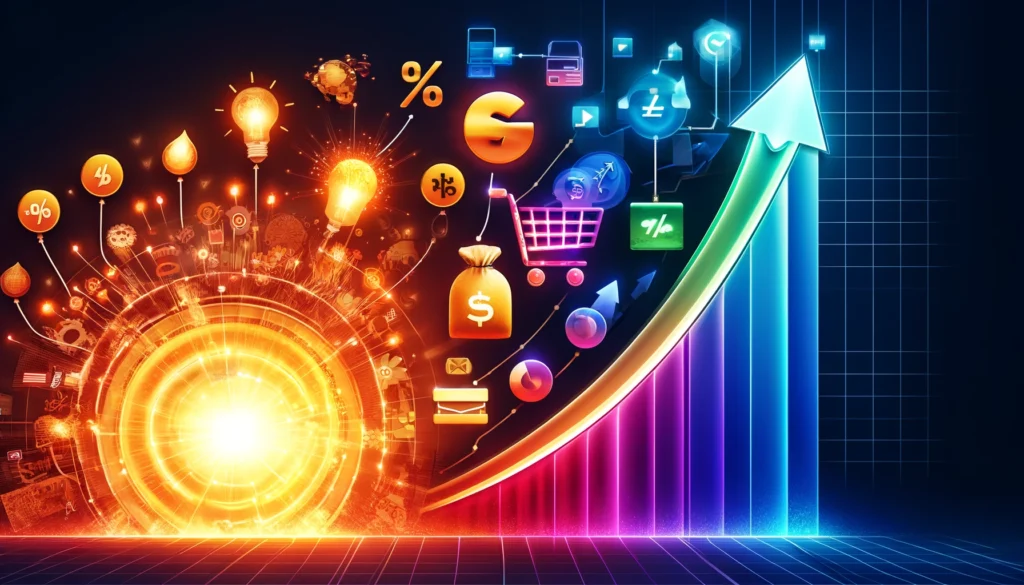- Why the Fed is largely irrelevant…
- The market’s already doing Trump’s bidding…
- TRUMP’S CURSE: A $35 Trillion Meltdown Ahead? Robert Kiyosaki just issued his boldest warning yet — and he says the clock’s almost out of time.
Dear Reader,
I have often maintained the Federal Reserve is impotent, irrelevant and insignificant.
It does not command the omnipotence most believe it commands.
It is crewed by men behind curtains… emperors without clothing… cheapjacks hawking bafflegab and brummagem.
Today I reinforce my claim.
Here crackerjack moneyman Jeffrey Snider — he of Alhambra Investments — strips the fraud bare:
- The Fed is, largely outside of temporary sentiment, irrelevant. The central bank is not central… The thing people have the most trouble with is the idea that central banks are not central.
- It flies in the face of everything you have been taught and told your whole life. The media still give these guys every benefit of every doubt, and central bankers (ab)use that privileged platform to perpetuate their myth.
The Fed’s Target Rate Is Off-Target
Mr. Snider further argues that the federal funds rate — the central focus of the Federal Reserve — is likewise an irrelevancy:
- There is absolutely no legitimate reason why anyone should [notice federal funds.] The federal funds market is a nonentity… pocket change… It is the sparest of spare liquidity… Today, federal funds are nothing, an extraneous anachronism.
Yesterday Freedom Financial News contributor Jim Rickards appeared upon Steven K. Bannon’s War Room.
There Mr. Rickards put his tongue out at the Federal Reserve… and mocked its superfluousness.
Like Mr. Snider, he labelled the Federal Reserve’s target rate a banking system antique.
Like Model A automobiles, tophats, monocles and spats… it is of a prior era:
- What interest rate does the Fed set? They set something called the policy rate, which is the fed funds target rate. What are the fed funds? Money that banks lend each other overnight.
- But there hasn’t been a fed funds market since 2008 because the banks have trillions of dollars in excess reserves and don’t need to borrow in that market. So the Fed sets a rate for a market that doesn’t exist.
Rickards to Trump: Stop Worrying About the Fed
The president has denounced “Too Late” Powell for failing to reduce the federal funds rate.
Yet Mr. Rickards believes the president embraces the supreme superstition of Federal Reserve muscularity.
He argues that the market is already reducing the relevant interest rates:
- Trump wants Powell to reduce interest rates. Trump says he wants lower interest rate costs for the federal budget deficit. But where does that come from? The shortest-maturity Treasury bill is the four-week bill. It’s very short, very liquid, very safe, etc.
- There’s something called the overnight financing rate, which is kind of like the repo rate. Those are the two safest short-term funding rates. Both of them are lower than the fed funds target rate. In other words, the market is doing Trump’s job for him. These rates are lower than the fed funds target, so the Fed is actually irrelevant. The Fed doesn’t matter because the market is actually lower than the Fed’s target rate.
Mr. Rickards proceeded to note that the United States rubbed along without a central bank from 1836-1913.
Those several decades witnessed the most wondrous wealth creation in perhaps all of history.
Why — then — is a central bank essential?
Mr. Rickards argues it is not.
Don’t We Need the Fed to Prevent Financial Panics and to Regulate Money?
Yet do we not need a central bank to pour oil on troubled waters… in event of financial panic?
And would not markets endure greater upheavals absent central bank intervention?
No, argues Mr. Rickards:
- I did a study that compared financial panics when we didn’t have a central bank to financial panics when we did have a central bank. And it was about the same tempo. The central bank didn’t make any difference in terms of the frequency of financial panics. They happen for other reasons, which have nothing to do with the central bank.
Just so. Yet do we not need the Federal Reserve to supervise the nation’s money… as an accountant supervises a firm’s money?
Again, in this myth-murderer’s telling, the answer is no:
- People say the Fed controls money. That’s not really true. Money creation is controlled by commercial banks. If you want to talk about money, pick up the phone and call Jamie Dimon, call the head of Citi, Wells Fargo, Bank of America, etc. These are the people who actually control the economy.
- People say, ‘what about all this money-printing the Fed does?’ Well, here’s how it works: When the Fed wants to print money, it buys federal securities from what are called primary dealers. It gives them money that comes out of thin air, so that money is created out of thin air, it’s true. But what do the primary dealers do with that money?
- They give it back to the Fed in the form of excess reserves. So all you’re doing is inflating both sides of the balance sheet. That money does not get lent, it does not get spent, it is not stimulus. It just sits there, sterilized, which is the technical term for it. Again, the money that runs the economy comes from the commercial banks.
Continuous Fiction
Thus concludes Mr. Rickards’ blasphemies. He has tacked his 95 Theses to the door of the Eccles Building.
You might consider them the next occasion the financial media informs you of the Federal Reserve’s central primacy.
That primacy is very largely fiction.
A certain A.C. Benson once claimed he read newspapers avidly because they represented his “one form of continuous fiction.”
I observe financial media for the identical reason.
It constitutes my one form of continuous fiction.
Brian Maher
for Freedom Financial News




